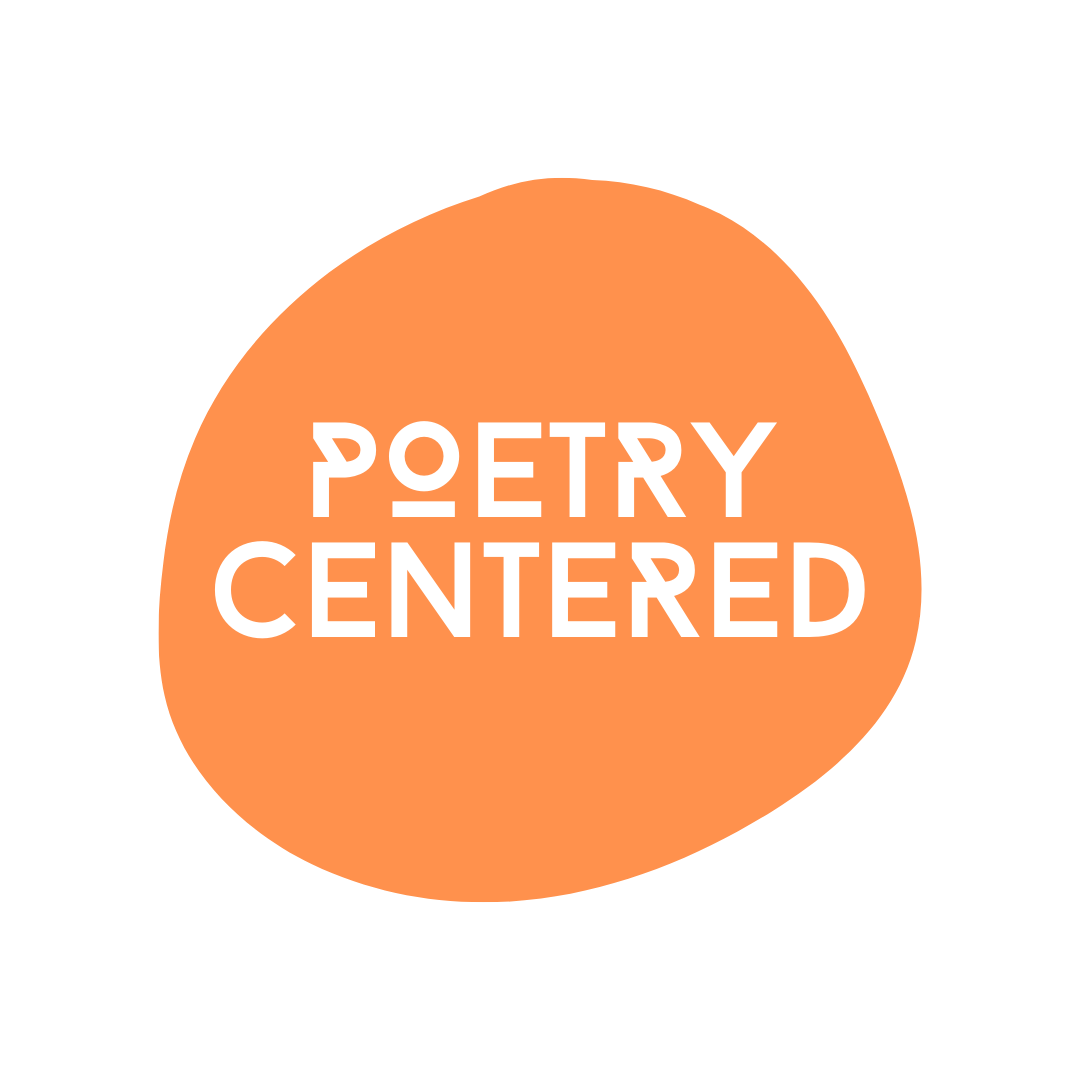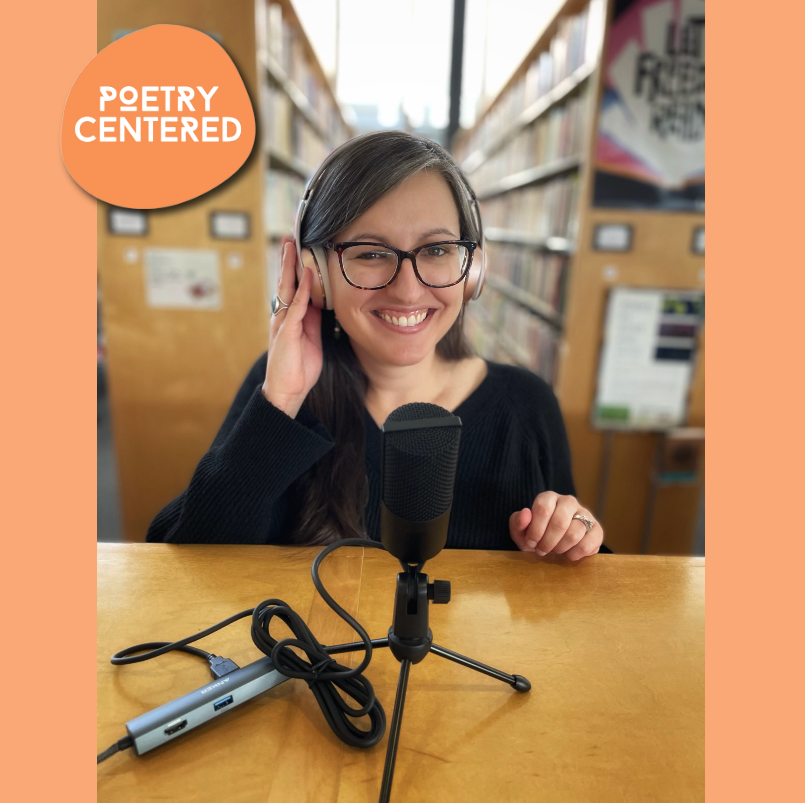

Poetry Centered features curated selections from Voca, the University of Arizona Poetry Center’s online audiovisual archive of more than 1,000 recordings of poets reading their work during visits to the Center between 1963 and today. In each episode, a guest poet introduces three poems from Voca, sharing their insights about the remarkable performances recorded in our archive. Each episode concludes with the guest poet reading a poem of their own.
You can listen in the player below, on Apple Podcasts, Google Podcasts, Spotify, Stitcher, and more. To learn more about subscribing, click here.
Transcripts for each episode are available here. Click on the episode title, then click on the transcript tab at the bottom of the player. Poems are transcribed as read and do not represent the published work.
Look forward to new episodes starting in January 2026 with hosts July Westhale (1/7), Philip Metres (1/21), Lawrence-Minh Bùi Davis (2/4), and Prageeta Sharma (2/18)!
Historically, the Poetry Center has presented other audio programs featuring tracks from Voca. Speedway & Swan was a fortnightly one-hour free-format radio program on KXCI 91.3 Tucson Community Radio hosted by Brian Blanchfield, then Susan Briante. The show presented contemporary poetry against a context of variously compatible and offbeat musical selections. Learn more and listen to episodes here.
